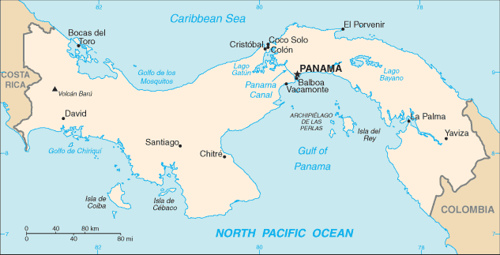You say that you have a dog.
Yes, and a villain of a one, said Ctesippus.
And he has puppies?
Yes, and they are very like himself.
And the dog is the father of them?
Yes, he said, I certainly saw him and the mother of the puppies come together.
And is he not yours?
To be sure he is.
Then he is a father, and he is yours; ergo he is your father, and the puppies are your brothers.
Let me ask you one little question more, said Dionysodorus, quickly interposing, in order that Ctesippus might not get in his word: You beat this dog?
Ctesippus said, laughing: Indeed I do; and I only wish that I could beat you instead of him.
Then you beat your father, he said.
— Plato, Euthydemus

